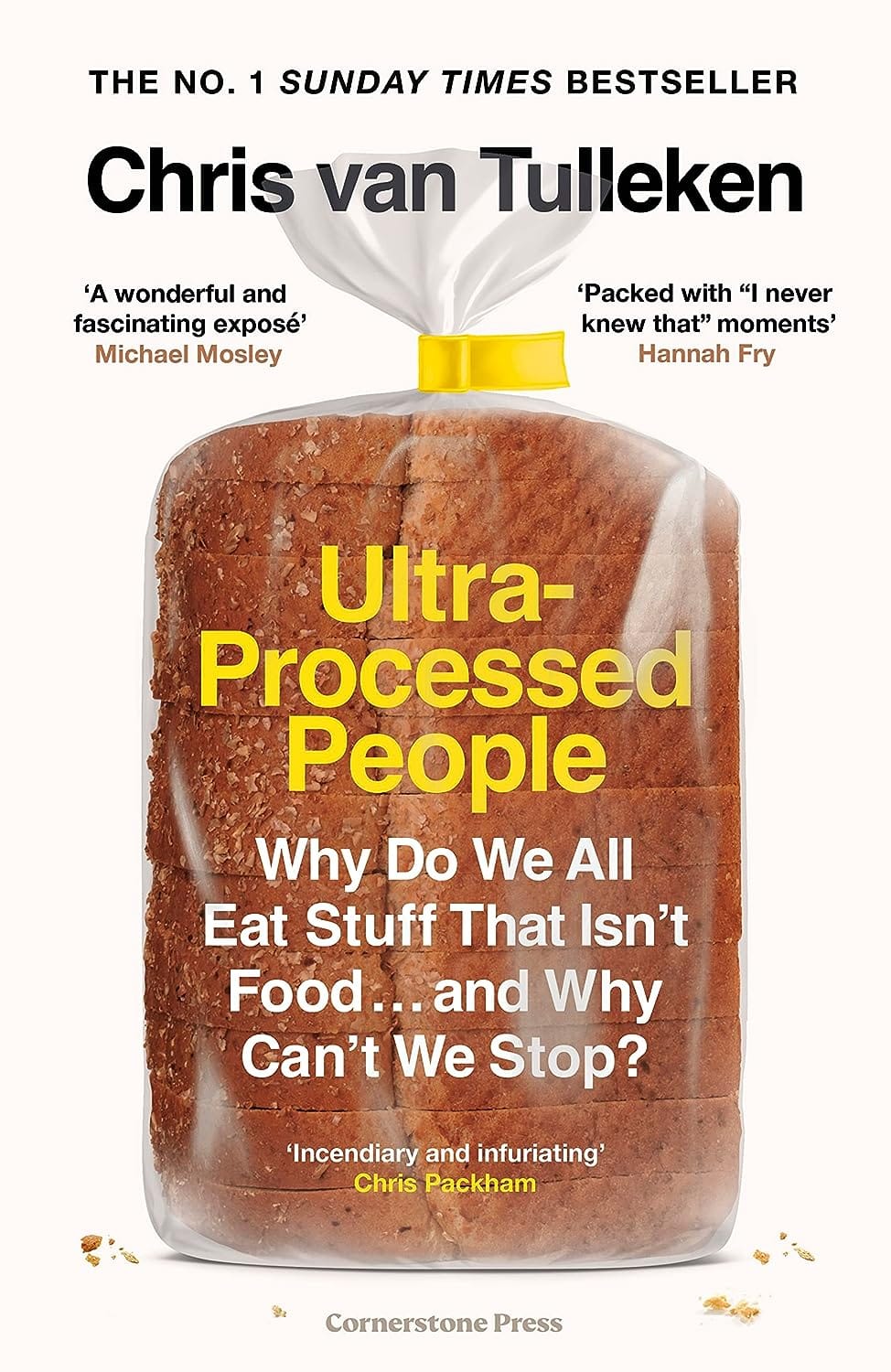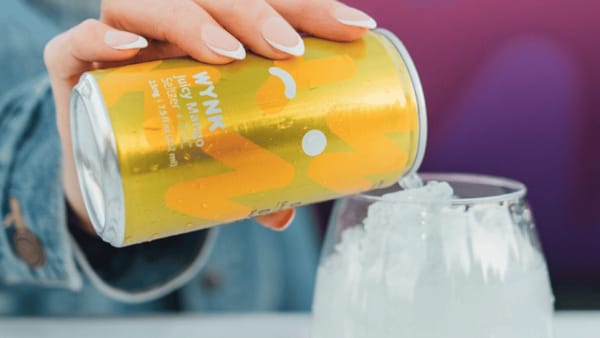Beyond Convenience: The Health Costs of Ultra-Processed Foods
Discover the truth about ultra-processed foods (UPFs) and their impact on health, mirroring the dangers of tobacco. Learn why a cultural shift is crucial for our well-being.

In today's fast-paced world, the convenience of ultra-processed foods (UPFs) seems like a blessing. But what if this convenience comes at a steep price to our health? Let's dive deep into the realm of UPFs, uncovering their impact and seeking pathways to a healthier future.
Understanding Ultra-Processed Foods
Ultra-Processed Foods, or UPFs, might not be a term everyone's familiar with, yet these foods dominate our diets more than we might think. Defined as industrially formulated substances, these products are far from their natural origins, designed for maximum profit, convenience, and taste. But here's the kicker: they're linked to a host of health issues.
The Stark Reality
It's alarming to note that UPFs constitute 57% of all calories consumed in the US, with 73% of supermarket foods falling into this category. This trend isn't much better in the UK and Europe. The comparison to tobacco is startling but apt, as poor diet now surpasses smoking as the leading cause of premature death globally.
Details
- Definition: Industrially formulated substances, derived or synthesized for taste and convenience.
- Health Risks: Linked to obesity, type 2 diabetes, cardiovascular diseases, and certain cancers.
- Consumption Statistics: Account for 57% of US calorie intake; 73% of US supermarket foods are ultra-processed.
- Historical Context: Emerged in our diets about 50 years ago, introducing foreign molecules to our bodies.
The Commodification of Disease
Chris van Tulleken sheds light on the "commodification of disease," attributing obesity and diet-related diseases to profit-driven motives akin to those in the tobacco industry. Surprisingly, the notion of "calories in, calories out," often used to promote exercise as a counterbalance to high calorie intake, is flawed and misleading, trademarked by none other than Coca-Cola.
A Cultural Shift Is Needed
Van Tulleken advocates for a significant cultural shift, treating major food corporations with the same skepticism as tobacco companies. He suggests that real, nutritious food should be the standard in institutions like hospitals, schools, and prisons. Moreover, he calls for the removal of these corporations' influence on government policy, emphasizing the need for not-for-profit food companies and transparent labeling.

Ultra-Processed People: Why Do We All Eat Stuff That Isn’t Food … and Why Can’t We Stop?
We have entered a new 'age of eating' where most of our calories come from an entirely novel set of substances called Ultra-Processed Food, food which is industrially processed and designed and marketed to be addictive. But do we really know what it's doing to our bodies?
Conclusion
The journey towards a healthier future begins with acknowledging the profound impact of UPFs on our health and society. It's not about cutting off connections but about making informed choices and advocating for systemic change. By understanding the risks and reevaluating our food systems, we can pave the way for a culture that prioritizes health over profit.





